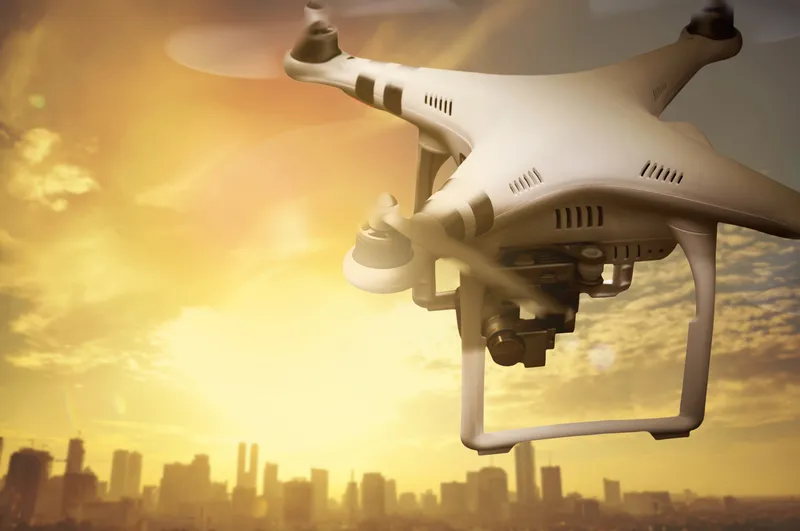The initiative is part of the Urban Air Mobility Demonstrator project, which seeks to explore how drones can contribute to a sustainable, safer and more accessible city.
RAI Amsterdam will work with the municipality of Amsterdam and Dutch stadium Johan Cruijff Arena to investigate how this might work.
Paul Riemens, CEO at RAI Amsterdam, says the partners want to investigate whether it is possible to “organise blood or organ transports through the city with drones”.
“Companies such as Uber, Airbus and Amazon say they are ready,” he continues. “However, it seems to me that social parties should also investigate what is desirable and feasible. This project is a first step in this direction and we cordially invite other parties to join in."
Henk Markerink, CEO of the Johan Cruijff Arena, says both parties believe in the opportunities and possibilities of urban air mobility.
“For example, during events, drones could be an extension of support services and contribute to crowd control and safety inspection,” he adds.
Other partners involved in the project include water company Waternet and public transport firm GVB.
RAI Amsterdam investigates drone hub corridor
RAI Amsterdam is to explore the feasibility of a drone hub corridor, a place where electrically-powered unmanned air vehicles can take off and land.
The initiative is part of the Urban Air Mobility Demonstrator project, which seeks to explore how drones can contribute to a sustainable, safer and more accessible city.
RAI Amsterdam will work with the municipality of Amsterdam and Dutch stadium Johan Cruijff Arena to investigate how this might work.
Paul Riemens, CEO at RAI Amsterdam, says the partn
July 1, 2019
Read time: 2 mins
RAI Amsterdam is to explore the feasibility of a drone hub corridor, a place where electrically-powered unmanned air vehicles can take off and land.









